The crisis of the last few months has not happened in a vacuum, and it is not simply the result of a single bad management decision. There are huge strategic failures lying behind this, and an enormous opportunity to re-order the game in Scotland has been squandered.
The size of that failure is much greater than seems apparent from a simple look at the game and our club.
We have, after all, won unprecedented success in the last four or five years. But the successes of the team on the pitch were always going to be a useful cover against the things we have not done and perhaps not wanted to.
Broadly speaking, there are five key things, five key stances, which Celtic should have taken from 2012 onwards.
Any one of them would have represented an almighty triumph in and of itself.
We haven’t done any of them. In some cases, we haven’t even tried.
What’s more, is that it is not even particularly difficult to see how those failures have contributed to the current malaise. All of them have been impactful.
Taken together, the effect has been corrosive and perhaps even devastating.
More than trophies and titles, these failures are the legacy of our current board. They add up not only to a disastrous failure to safeguard our position in the game but they are a disastrous failure to serve the game itself.
That is more important than most seem aware.
Scottish football is our home.
There is no coherent plan for leaving it behind that I have seen, read or heard about.
Fantasies abound about European super leagues, Atlantic Leagues and invites to England. Some of these ideas are so old we’ve been talking about them for 20 years; not one of them is any closer to being realised than it was at the start.
We are stuck here. We are going nowhere.
There is no prospect of us leaving the game here behind, and because of that it is our responsibility to make sure that Scottish football is as strong as it can be, as stable as it can be and as clean as it can be.
We are the biggest club in the game here.
There is no excuse for us not making the best possible efforts in all these areas.
This article will look at all five of the key issues we should have tackled.
It will look at the reasons why other clubs may have opposed or supported them, it will look at the reasons why Celtic might have opposed them and it will look at what the failures to implement them have meant to us and to the rest of the Scottish game.
We Should Have Challenged The Survival Lie.
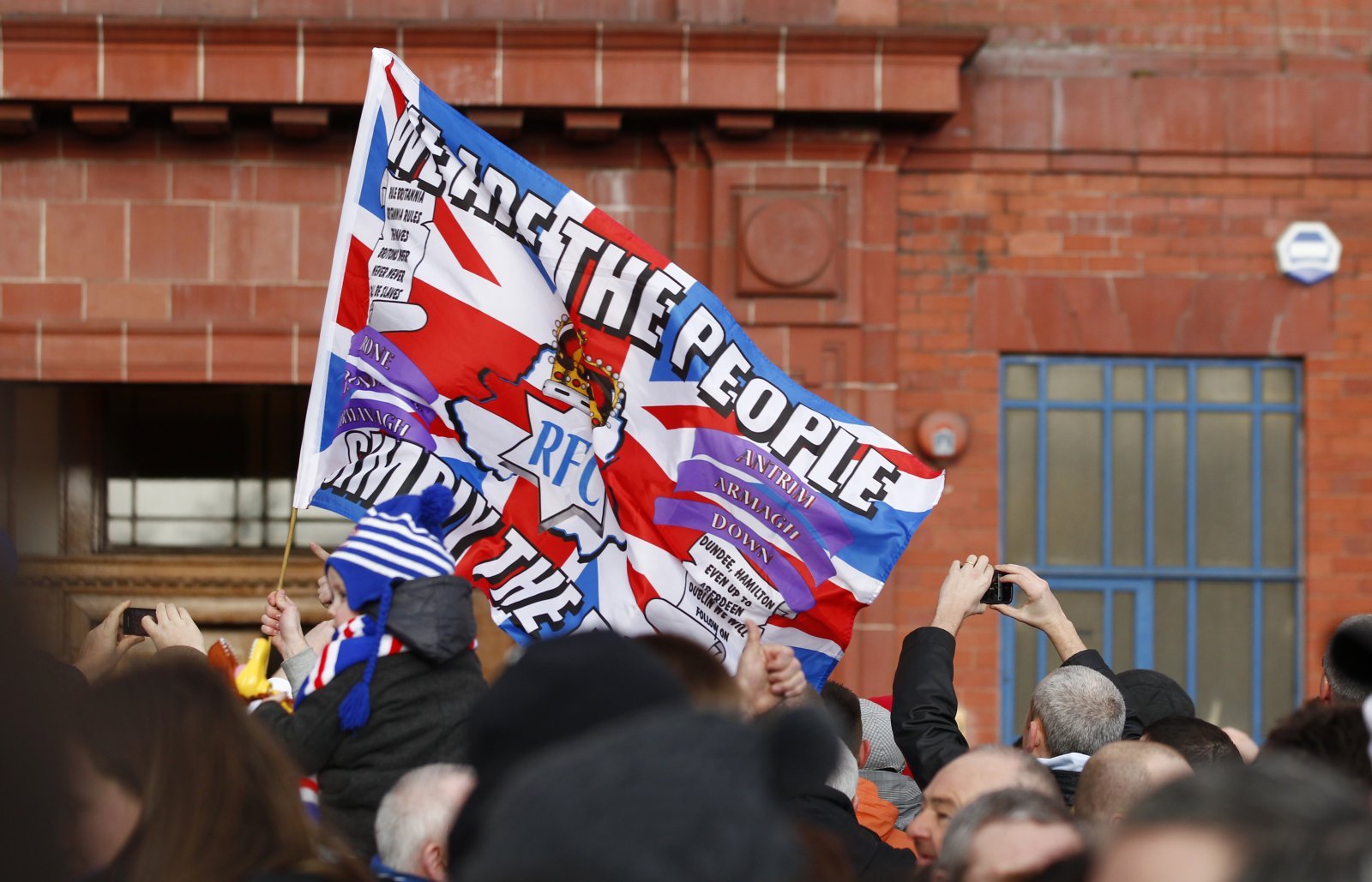
Far and away, the most important thing that Celtic should have done in 2011-12 is opposed, vocally and as a position of club policy, any endorsement of the Survival Lie. Nothing else that we could have done would have been of greater benefit to the game.
The whole of Scottish football exists under its umbrella, like the cities in the path of Chernobyl lived under the radiation plume. That’s what the Survival Lie is; toxic, continuously injecting poison into the atmosphere, accumulating, threatening not just where we are now but where we might find our game in the future. There all sorts of possible effects we haven’t even seen yet.
Foremost amongst is that it corrupts the language we use when we discuss the sport. Whenever there is talk of “going for 55” or of a continuation that stretches back prior 2012, this gradually inures us to an environment where any falsehood becomes tolerable.
The moment for stopping Trump – for really stopping him – was at the first White House press conference following his inauguration, when the Press Secretary was allowed to make all those ridiculous, transparently fictional, claims about the size of the audience.
Many dismissed it as a small matter, but it was the moment when the normalisation of lying started. It was the first step on the slippery slope which led to Trump calling on his mob to wreck their havoc last week. All of it, based on lies and the easy dissemination of lies into the public discourse.
Exactly what we’ve seen in Scottish football since 2012.
Celtic had a responsibility to the greater good of the game to stamp on that lie. Every club should have. None should have legitimised this nonsense, even if the media was willing to.
All should have challenged the SFA on the matter and demanded that honesty and truth were put at the heart of the game. That failure will haunt us for years.
Why did other clubs not challenge this? I think the whole of the game was waiting on us to be honest. We’re the biggest club in the land and our leadership would have made all the difference.
Why Celtic didn’t do it is twofold, the official reason and the unofficial one.
The official reason the club has given when asked – and it’s been asked – is that we believed that to do so would endanger our staff. What nonsense that is, what cowardly nonsense. We should tolerate lies and rampant dishonesty because to do otherwise might threaten us? This is how bullies and thugs in every walk of life prosper at the expense of the rest.
I have never believed that reason was valid. I’ve never believed it was true either.
The suspicion is that we do view Old Firm Inc. as a marketing opportunity and that depends on the club at Ibrox being Rangers. The feeling is that we fear what the game would look like without them in it, instead of seeing the true opportunities which exist there.
What’s worse is that the Survival Lie birthed the Victim Lie, because if Rangers weren’t liquidated then what happened to them was every bit as bad as the Ibrox fan base claims that it was. The SFA action against them was discriminatory and even illegal.
We should have challenged that lie on its own, because that casts the whole of our game as corrupt, and that allows anyone on the Ibrox side of the fence to justify anything in future because they can’t trust Scottish football to give them a straight shot.
Celtic’s failure to challenge The Survival Lie has done incalculable damage to the game because it has allowed toxic myths to grow at its heart.
It has allowed untruths to enter the discourse, without contest, and this increases the chances that future lies will also be pushed without contradiction.
The idea that clubs cannot die is also dangerous for other reasons, which should not need pointing out.
We could wind up with a dozen clubs in the country having done this within a few years, or one club doing it over and over and over again.
We Should Have Gotten The Full Inquiry We Wanted.
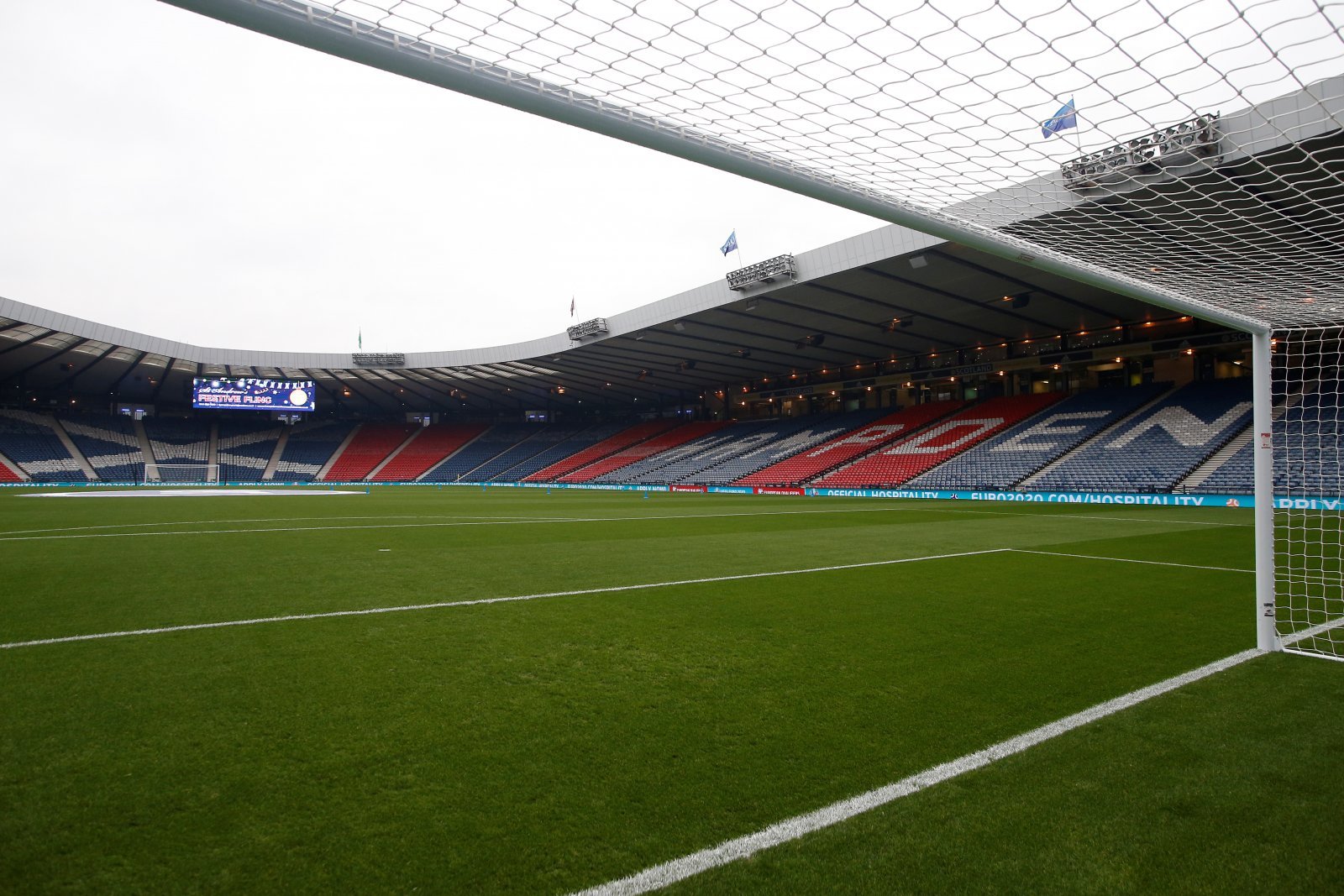
Celtic should have kept on fighting for the inquiry into what went on in Scottish football from the years when Rangers started using EBT’s until the club was liquidated in 2012.
The interests of the greater game would have been served by this.
There are so many issues which arise, but this is not to be mistaken for an attack on one club; this is about the governance of the game. The game needed this and it is not enough to say that we called for it and that other clubs said no.
We should have fought this one right to the finish, and we should have worked harder to build the alliances to make it possible.
Lawwell has proved to be dreadful at building alliances, as numerous events have shown. When you see how he’s behaved in the last few months you understand why.
This isn’t a consensus builder or a genuine leader we’ve got here; Lawwell is all bluff and bullying. How many initiatives, genuine things put forward with our support, have gone through?
Even colt teams in the lower leagues – something that might benefit the clubs in those leagues if they are thinking about it right – didn’t initially pass because this guy and his Ibrox pals weren’t able to build a coalition around the idea and insteaded resorted to bribing sides a few leagues down into accepting it. That’s Lawwell’s version of reaching an accord.
The idea of holding a review into those years could have been argued for and the argument won. There were numerous failures of governance during those years, and the whole SFA system which made them possible was rotten and ripe for tearing down. But the biggest club in the land failed to argue successfully that such a review was needed.
That is down to the CEO. He is the guy who’s supposed to have relationships with all the other clubs, and all of those clubs must have known that something of this sort was necessary.
The timing of it was wrong when we asked for it, and that was another mistake.
We waited until clubs were literally fed up with the whole affair … it should have been demanded, and rammed through, back in 2012 … but that was another case of us sleeping at the wheel.
We Should Have Pushed For New Rules On Fit And Proper Persons.
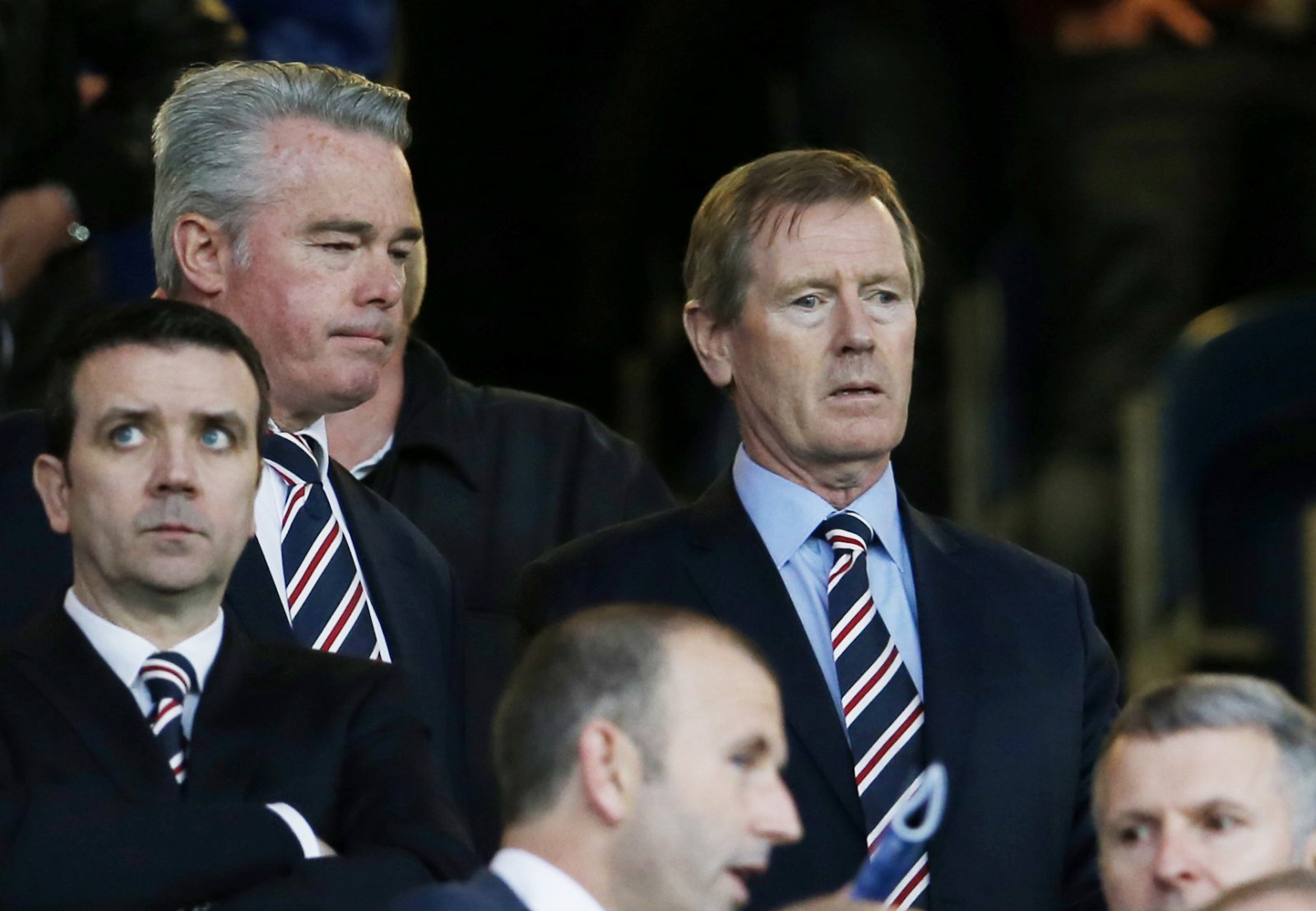
One of the worst things about the imminent confirmation that the second Ibrox club has spent its way to a title with Other People’s Money is that it will see Dave King hailed as some kind of messiah by all at Ibrox and many in the football press.
The truth is that King is a two-bob South African tax cheat who the City of London put the black spot on.
Dave King, his tax convictions and his dodgy plea deal, which kept dozens of far more serious charges off the books, should never have been near a Scottish football club, far less chairman of one.
He was able to do this because the SFA’s fit and proper person regulations are a joke and everyone knows they are a joke, and King is not the first and he won’t be the last to take full advantage of that fact.
This is another area in which Celtic are culpable.
The need for these regulations is readily apparent.
Why didn’t we lead the way in the fighting for them?
Even as far back as 2012, King was sniffing around Ibrox.
It must have been obvious that he would try to secure control of the club … it certainly was to those of us in the blogosphere who were writing about it.
On top of that, the focus on King is a red herring in itself.
Scottish football has seen chancers like him come and go over the years; it is a matter of time before a Scottish club is taken over by a hard-core criminal with intentions with are in no way beneficial to the club itself or the wider game.
Before long we are going to lose a football club because those regulations allow some heavy duty gangster or syndicate an opportunity they can’t pass up.
Not only would decent fit and proper person regulations keep people like King away from the game, but robust regulations would also demand to know where every penny that flows into club comes from and where every penny of it goes.
This not only prevents the proceeds of criminal acts from funding clubs, but it stops clubs being used a conduit for money laundering or otherwise funding criminal activity. We have no way of knowing whether there are Scottish clubs not already involved in one or the other, and with these regulations we aren’t going to find out until it’s too late.
None of those things are done in Scottish football, and there is no sign that this is going to change.
As a result of that, not is Celtic is about to lose a league title for the greater glory of a crook but the door remains wide open for individuals far worse than King and with much darker intentions to waltz right into our sport and do with it whatever they please.
We Should Have Pushed For Reforms In Refereeing.
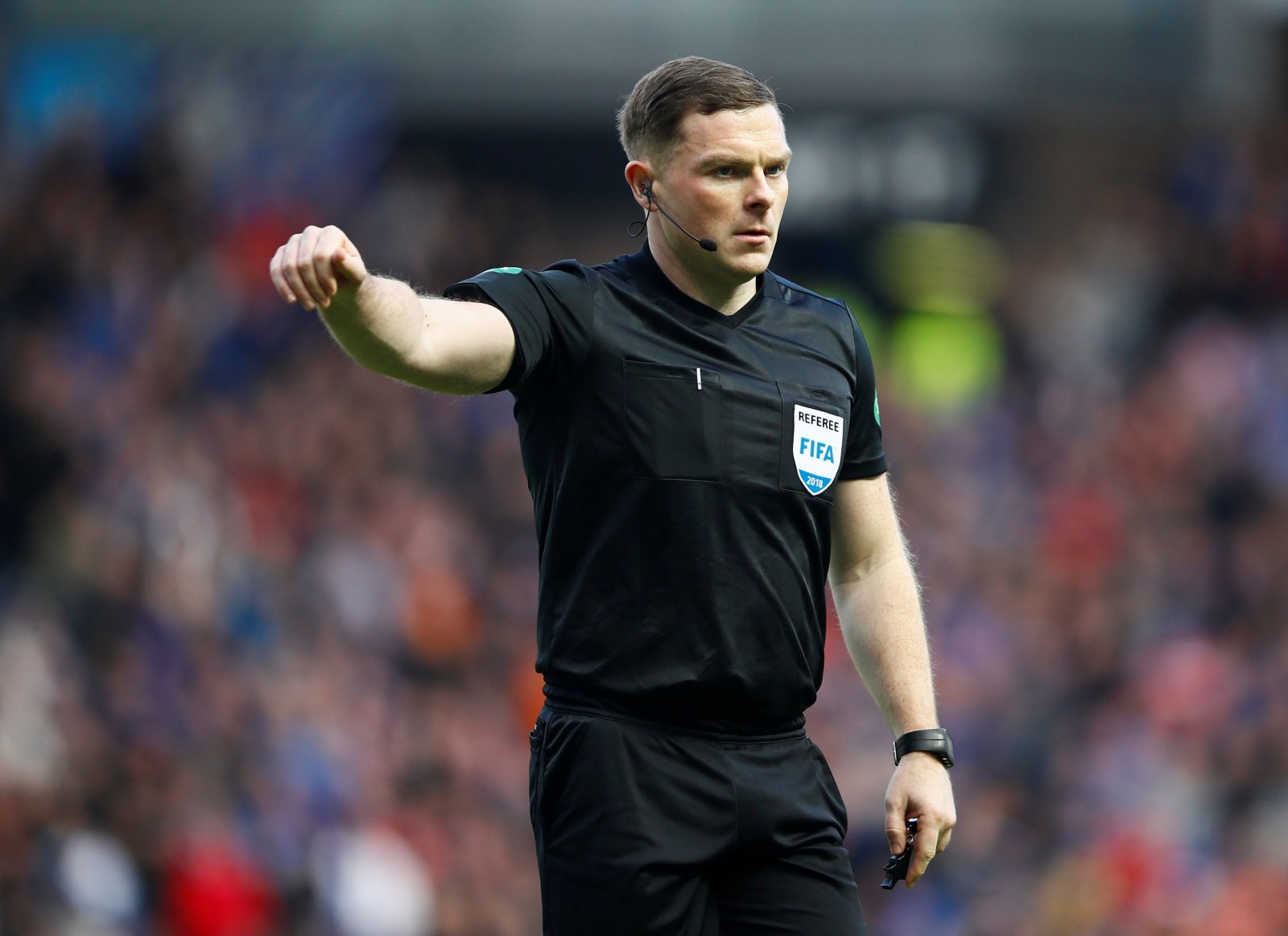
The obvious need for this makes it all the more incredible that we have not seriously moved forwards with it, and this is another example of lousy coalition building because if we were to take the lead in this area there is no doubt whatsoever that others would follow.
Almost every club outside of Glasgow believes implicitly that refs are biased in favour of the clubs from that city.
If Celtic had stepped up and said “we agree there are problems here, let’s try and find a way to work through them” we would have had others get behind us immediately.
The need for it is crystal clear, and only a fool would deny this.
I have no doubt that there are position papers on how best to do this all over the SFA, stuffed into drawers and filing cabinets, but there are two obvious ideas which merit immediate implementation and which would transform the entire scene.
The first is to make Scottish referees declare their allegiances the way they do in England. Right now we’re in the perverse position of having one Grade One official who is open about having had an Ibrox season ticket and another who’s proclivities are so well known that there is a NewCo supporters club named after him.
This is not a joke; this is serious stuff.
Only in Scotland do we cling to this bizarre fantasy that there is no such thing as biased decision making by officials. Even if it’s at the unconscious level, it exists and we would be mugs not to acknowledge it, yet that is the policy of those at Hampden.
The next obvious step is to go with National Referees Service which was proposed by Auldheid; to give the SFA authority to train and hire refs but to remove from the SPFL any requirement to use them.
If they are up to snuff, by all means … and it would be the leagues who decided that, with the evaluating done by the clubs themselves. Any refs not up to snuff would not be considered and the SPFL would be able to go and find officials elsewhere.
This would be a game-changer … can you imagine people like Beaton, Dallas and the rest getting Celtic game after Celtic game, or matches involving the Ibrox clubs if their opponents could simply say “no, we’re not prepared to have him for that one”?
Until we take radical action on these issues we’re going to keep getting the same terrible “decisions” and “honest mistakes” and other club will continue to moan about a “Glasgow bias” without ever being asked to do something about it.
Celtic should have led on this years ago, and we’d have found people very receptive to it even without Lawwell and Co possessing great leadership skills.
We Should Have Reformed The Sport With Financial Fair Play.
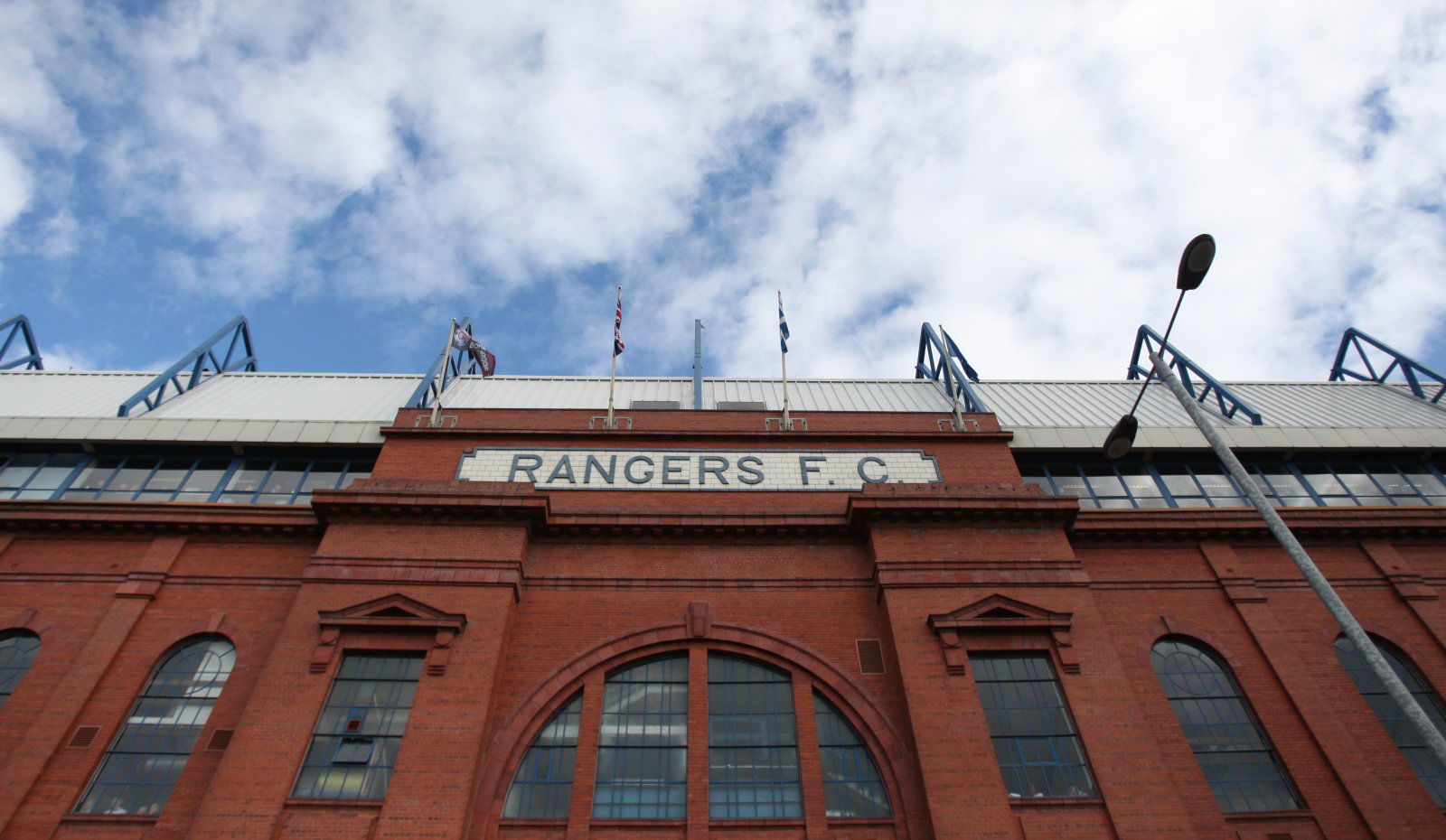
There is no way that there was not a willing coalition to be built around financial fair play.
All but a handful of clubs in the country already subscribe to the idea through their own “break-even” policies and all have experienced the unfairness of seeing sides surge past them on the questionable benefits on financial doping. This was an open door.
And we’ve failed. Lamentably.
The result of that failure sits above us in the league.
A club on steroids to the max, cheating the rest of the league, whilst everyone sits and applauds Gerrard for taking three years and more than £30 million to put together a run of form in the SPL.
Every club suffers for this, and every club knows that the current system is absolutely ridiculous.
There is no saying where the Ibrox club would be if it hadn’t been allowed to spend such vast sums which it didn’t bring earn through the normal means, but it’s fair to say that those teams who have missed out on European money these last couple of years have a right to ask the question.
Celtic’s directors always knew they faced a backlash from the fans if the doped-up Ibrox club ever got its hands on silverware; our fans can tolerate a lot but being cheated is something we simply won’t accept, primarily because it’s happened before and the perpetrators were not punished for it with the stripping of titles or, as I said before, a full-scale, club-led repudiation of the Survival Lie.
Again though, this is much bigger than just the impact on one club.
Financial Fair Play has been adopted all across Europe as a means of protecting the game itself. The global health emergency has offered us a vivid demonstration of how football needs to secure itself against future disasters both inside and outside of its area of control.
The Ibrox club was ripe for sinking like a stone with the advent of this crisis, and they still might.
If it drags on long enough most clubs in Scotland will; the reason we will be last to go is that we had built up a rainy-day fund. It should be mandatory.
Imagine we come out of this and we’ve not lost a club – difficult to believe. Imagine football is just getting back on its feet. Then imagine the Ibrox NewCo goes out of Europe early next season and the walls come tumbling down.
Massively indebted, unable to meet its bills as they come due, the club goes into administration.
How does Scottish football recover from that?
Commercially? Reputationally?
The damage something like that could do – and especially at a time like this – could be immense, for every club. This is not about preventing cheating as much as it’s about protecting the sport from damage.
We couldn’t, in our current state, survive another 2012 crisis.
That alone makes FFP regulations more necessary than ever before … but someone has to lead the way and that should have been us.
This Is The Full Extent Of Our Failure.
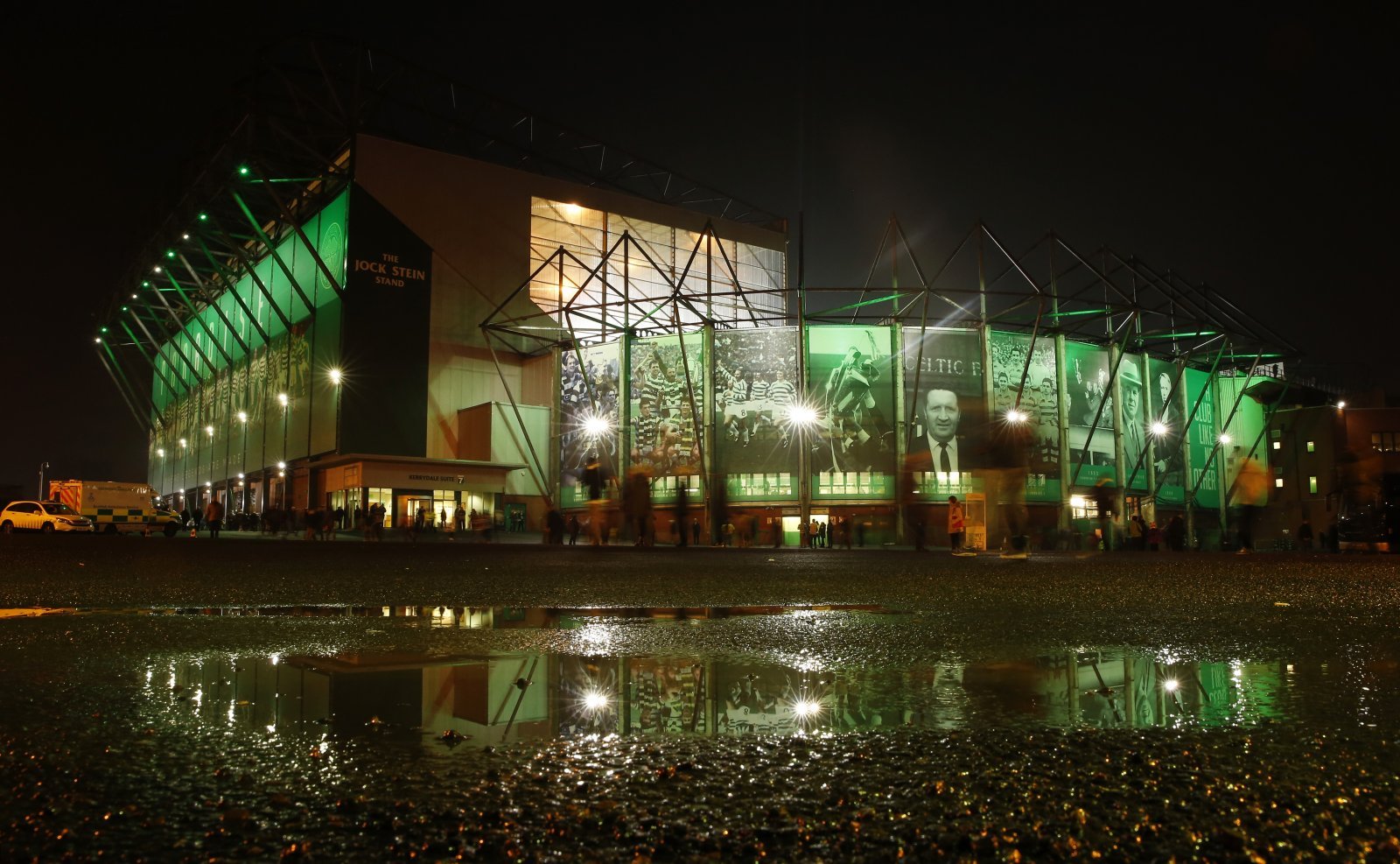
Celtic has had a disastrous season, but the seeds of this were not sewn, as some think, in the shower room at Hampden in 2019.
They were sewn way before that, back in 2012, at the start of this run, when we had an opportunity to use Rangers’ collapse to push for wholescale changes in our national game.
That our club didn’t do that damns those running it.
These five failures are especially egregious as there were ways to build coalitions behind all of them.
The inquiry into what went wrong in our game prior to 2012 could, and should, have provided us with the blueprint for how to go forward.
Burying the Survival Lie would have put truth and integrity at the centre of the game, and held up Rangers as a cautionary tale for all who came after. It would have made selling FFP much easier. FFP itself protects our game by not allowing clubs to endanger the rest of the sport … and it guarantees that the playing field is as level as it can be.
Fit and proper person’s regulations would stop crooks and other unsuitable parties from getting their hands on clubs; this is essential to prevent organised crime getting a toehold in the game, or to keep clubs out of the hands of unscrupulous “investors” who might wind up selling the grounds or whatever from under them. Refereeing reform ensures the game is fair.
All of this protects the sport. It protects every single one of the clubs.
That we haven’t led the way on any of this is frankly unbelievable.
The consequences of it are staring us in the face.
Celtic claims they are happy with the way the SFA has “reformed itself” since 2012, but none of the really big changes that were needed have come about and as a result we have a dithering, incompetent group running the national game and the landscape looks depressingly familiar.
A financially doped club at Ibrox, calling itself Rangers, has prevented ten in a row and advertises itself as “going for 55” which nobody bothers to contradict. The man who helmed this “revolution” and will be lauded for it is a convicted tax crook with the City of London black spot on him. His team has been the beneficiaries of a number of “honest mistakes” which have left many managers outraged. They are the only team in Scotland who have yet to concede a penalty.
None of this was unforeseen. This site and others have been screaming these things for the last few years and the Celtic board has done absolutely nothing about any of it. When pressed recently on Resolution 12 our club’s CEO expressed himself satisfied with how the game is being run, and that tells you everything that you need to know.
That’s why putting this season behind us could not have happened unless big changes did first … and those changes are on the way.